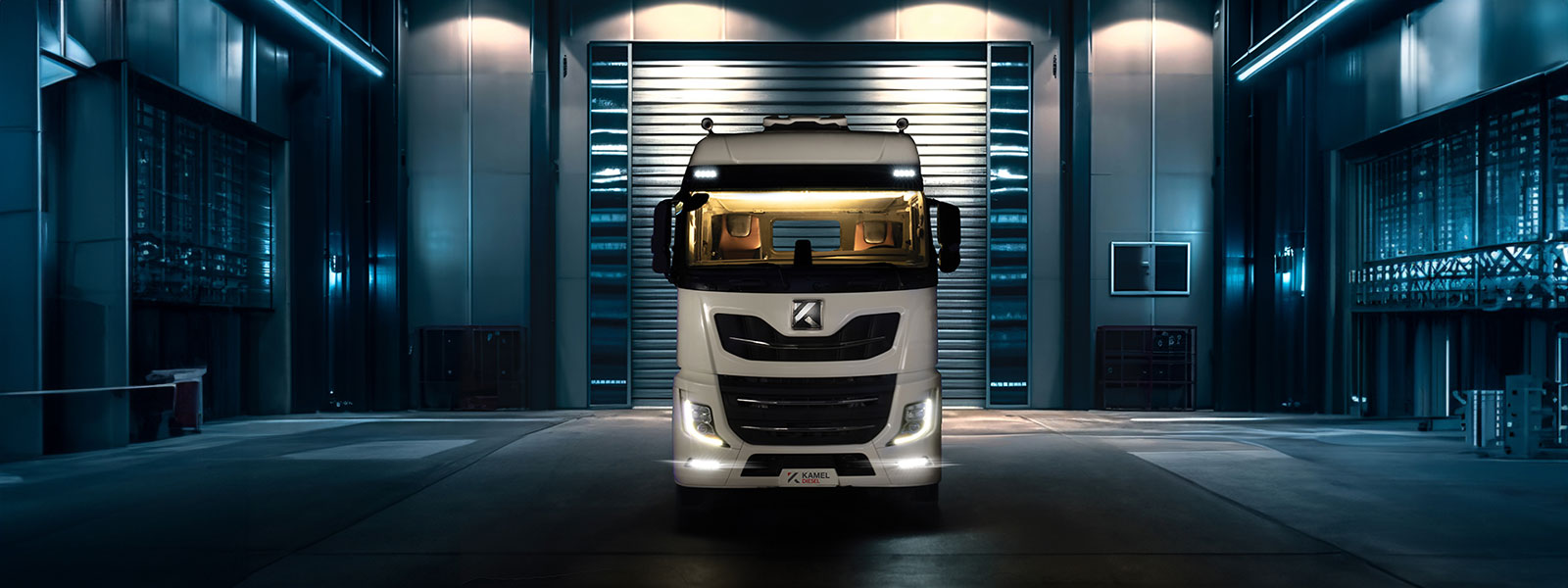With the current trend of production of vehicles with old technology, the economic, social and environmental issues will increase every day. Nowadays, in many countries, long-term national plans have been based on the replacement of worn-out vehicles with low-consumption, high-tech and low-emission substitutes. In most countries that have a history of decommissioning old vehicles from active intercity fleets, training and public awareness programs are considered to be the most important part of the program. Therefore, to improve the intercity transportation and the quality of fleet and the officials are very sensitive in the program implementation.
The "transportation" sector, due to its prominent position in the economy, is one of the indicators of transport transportation development. Considering that the progress and development of this sector plays an important role in the transformation of other industrial, agricultural and production sectors, today most of the experts in the field of economics consider that the growth and development of countries has a relation with the development of transportation. So they refer to this industry as the basis of economic growth.
On the other hand, by examining the economic performance of successful countries in terms of transportation, it is deducted that a major part of economic growth has been achieved through increase of productivity. In Iran's economic development plans, including the sixth development plan, it has been emphasized to provide a significant part of economic growth from interest promotion. In this program, it is targeted that 8.2% of the 8% growth will be provided through green productivity, productivity based on competitiveness and innovation, and productivity in the use of water, soil and energy resources and replacement of worn vehicles.
Considering that the transportation sector plays a key role in streamlining the economic activities of each country, it is expected that improving productivity in this sector can lead to growth in the other sectors and country's economic growth. However, a survey conducted in Iran's road transport sector has shown that the wear and tear of the fleet and the lack of infrastructure, wrong pricing and non-optimal management, have led to a downward trend in productivity. On the other hand, an increase in fuel consumption, environmental pollution, fatalities and road accidents have confronted this sector with challenges, which necessitates the need to review, modernize and develop alternative methods more than ever. The country's road transport sector has provided the highest level of access to goods and services to different supply and demand points in the country due to the wide network of roads. Therefore, this subsection is known as the best option in short and medium distances for transporting passengers and cargo; It plays an important role in economic growth, increasing social welfare and contributing to expanded trade and industrial growth. A review of the data published by the Road Transportation Organization in the past decades shows that among the different methods of transporting goods, road transportation with more than 90% is the main method; therefore, more than 500 million tons of cargo are transported by 25,748 thousand trips of the cargo fleet in the country with an average weight of 14 tons and an average distance of 499 kilometers per trip by road.
Also, global data show the high level of fuel consumption in Iran's road transport sector. So, in Iran, by consuming more than 33 liters of fuel to transport a thousand tons of cargo, twice as much fuel is consumed in Egypt and China and four times as much as in India and Indonesia. In this regard, according to the reports of the Energy Planning Office of the Ministry of Energy, the share of pollutant and greenhouse gas emissions of Iran's road transport during the last decade has reached an average of 84%, which is relatively high compared to the rest of the transportation sub-sectors. Therefore, Iran's road transport conditions are not suitable and the wear and tear of the road fleet is not in line with Iran's strategic position in the region. To clarify, the quality of wear and tear of the road transport fleet has reduced productivity in this sector. In this regard, Kamel Diesel Company, one of the companies under the Kamel Industrial Group, has decided to come up with solutions in that regard.
